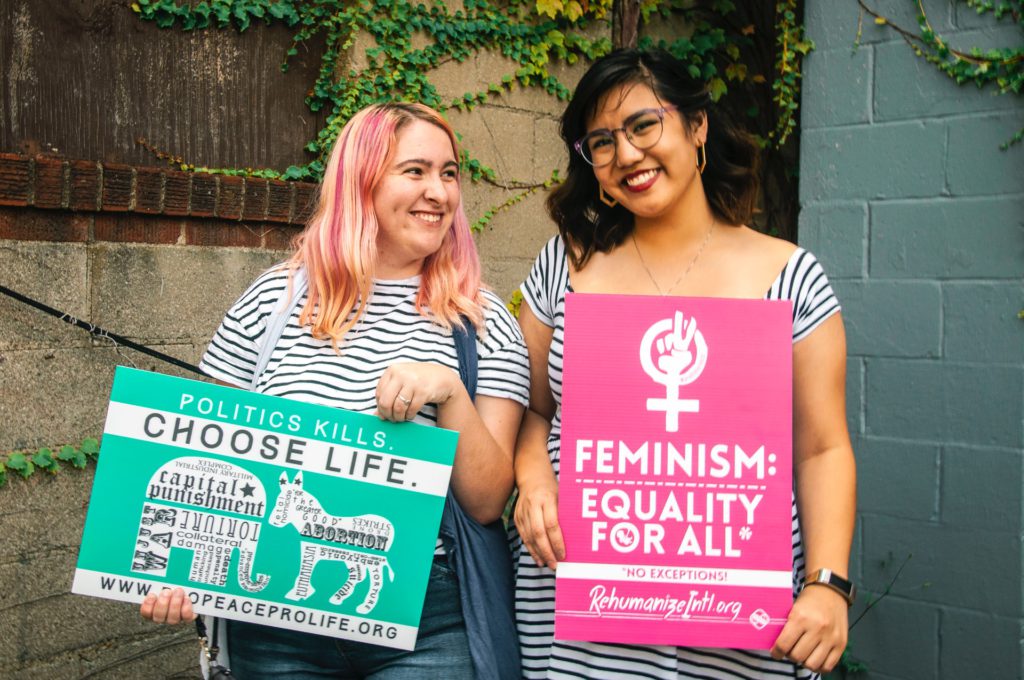58% of workers within BAME communities concerned about post-pandemic work.
Black young people nearly three times more likely to be unemployed than White counterparts- according to report.
Justin Small, CEO and Founder of Future Strategy Club, discusses the disparity that still exists at work.
As we begin to exit the lockdown period and return to work, the entirety of the UK workforce will navigate unprecedented challenges. Yet these challenges are far from balanced, with recent research from Future Strategy Club and Resolution Foundation highlighting the disparity in employment opportunities for individuals within BAME communities. Today, Black, Asian and Minority Ethnic people in the UK continue to face persistent racial inequalities in the search for work, with the Resolution Foundation report revealing that the unemployment rate among Black young people (16-24) is now at 34% compared to just 13% of their white counterparts.
Further to this, new data from Future Strategy Club has unveiled that 58% of workers within BAME communities are now concerned that finding the right kind of work post-pandemic will be harder for them. This is in comparison to only 43% of their white counterparts.
This disparity exists at every level of work and applies to both graduates and non-graduates, with university leavers struggling to find their first job as well as young people already in employment being made redundant. This trend is supported by landmark data from Future Strategy Club, an inclusive and diverse members club of the UK’s most experienced c-level consultants and leading creative talent, which highlights how worried young people are about their career prospects in future and how that affects their choices.
Key takeaways from the data show that:
- 57% of young people (18-24) and 58% of workers within BAME communities are concerned that post-pandemic finding the right kind of work for them will be harder
- 35% of young people (18-24) and 28% within BAME communities worry that they won’t be able to make the right connections at work to ensure their employment progresses
- 25% of 18–34-year-olds are now considering freelancing as a permanent career option
In a bid to create a workplace of equal opportunity, access to freelancing, like all other options, is extremely important and comes with a continuous stream of benefits that help to democratise the UK workplace. To name a few; flexibility, greater job satisfaction, variety and ultimately, the opportunity to become your own boss. This is why many individuals, especially high-level talent, have begun to look towards this. Future Strategy Club recognises that freelance work gives employees back control, allowing them the ability to shape what they want their career to look like. Future Strategy Club champion and support all freelancers, at every stage of their career, ensuring equal pay and opportunities for every freelance member.
Justin Small, CEO and Founder of Future Strategy Club, discusses the disparity and the impact on young people of successive lockdowns:
“This report highlights the disproportionate impact that the pandemic has had on the working population. There has already been a significant wave of concern amongst young people on their future employment prospects. Yet this is a concern that is seemingly being felt considerably more amongst some Black, Asian and Minority Ethnic employees.
It is clear that the pandemic has exacerbated feelings of anxiety amongst young people, but to see that many workers in BAME communities are being unevenly impacted is incredibly disheartening, as is the data itself. Today, more needs to be done to ensure the fight for better rights, equality and diversity continues, in order to ensure equal opportunities for all.
At Future Strategy Club, we encourage young people to take control of their careers and challenge today’s worsening unemployment rates. It wouldn’t be surprising if 2021 becomes the year of the mass exodus from the 9-5 and towards self-employment for young people.”









